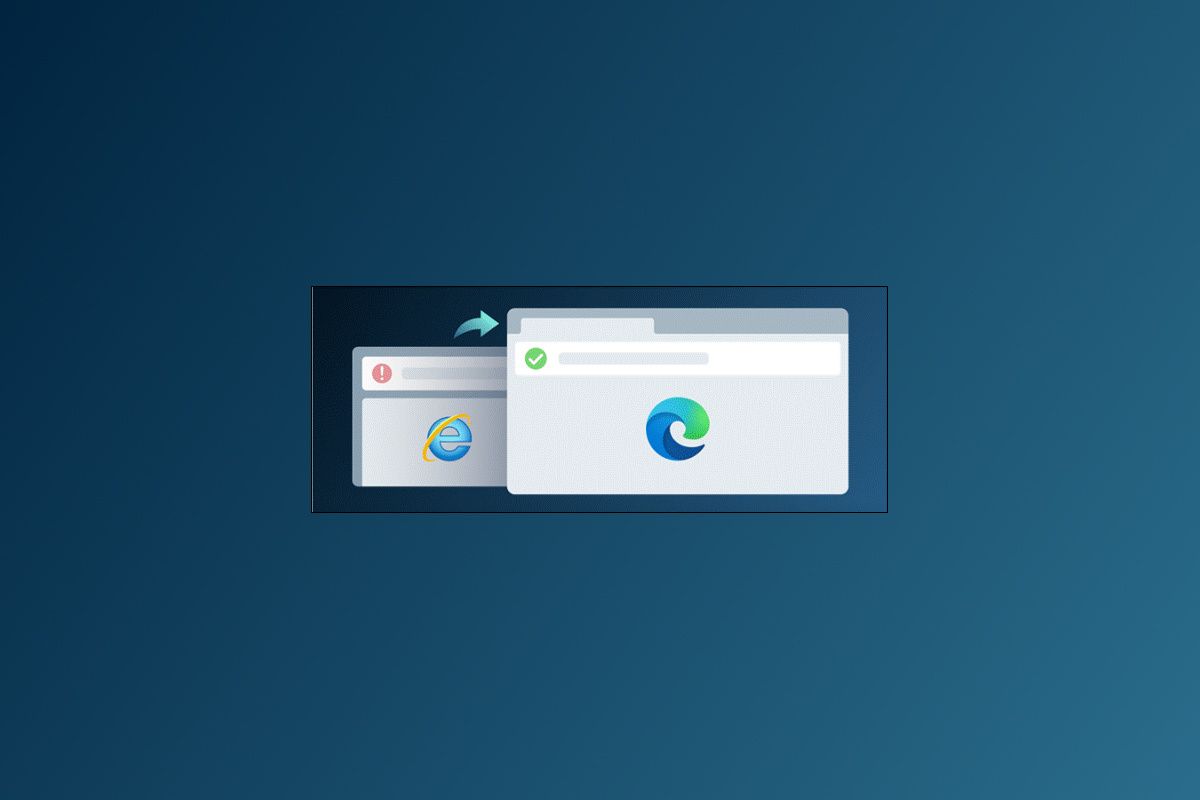Internet Explorer is finally reaching the end of its life. You might think that's already happened long ago, but today, Microsoft is starting to move all users of Internet Explorer on Windows 10 towards its new Edge browser, and over time, IE will disappear completely.
This has been a long time coming, and it was actually expected that Microsoft would kill Internet Explorer completely as of today, but that's not the case. Despite all the warnings leading up to this date, Microsoft is still choosing to take it easy. According to the company, Internet Explorer will "progressively redirect" users to the new Edge browser. In the coming months, more and more users will start seeing Edge open when they try to open IE, until eventually, the transition will be complete. However, Microsoft isn't saying when this process will be finished.
One of the biggest features that Edge has compared to other browsers is the Internet Explorer mode, which is designed precisely to help users who still rely on IE-specific features. To help users with the transition, when users are redirected to Edge from Internet Explorer, they'll see the "Reload in IE mode" button on the toolbar, so they can quickly see the page they're trying to open in the new browser.
Of course, this all applies to Windows 10 users, and that includes every edition of the OS - Home, Pro, Enterprise, Education, and IoT. Windows 11 already shipped with Internet Explorer removed completely, so nothing is really changing for users who have already upgraded to the new OS.
For years, Internet Explorer garnered a reputation for being slow, bloated, and not very secure, so for the majority of users, this probably won't make a big difference at all. However, because the browser was so prominent in the late 90s and early 2000s, some business sites still rely on it for legacy functionality, which is why this transition has been dragged out for years. Now, it will be dragged out a little longer, since Microsoft decided to gradually move users away from IE instead of dropping support completely.

